In the running world, doping remains a persistent, well-documented and headline-grabbing problem. The challenge becomes even more prominent in an Olympics year as the sport takes its quadrennial day in the sun.
Since the International Association of Athletics Federations launched the Athletics Integrity Unit in April, 2017 to oversee drug testing and investigations, 196 athletes, including 66 Olympic and world medalists, had been issued a doping ban as of January, 2021.
An upstart Colorado-based organization aims to change that reality and make clean sport the accepted norm. Again, its efforts become even more apparent as the world turns its attention to Tokyo later this month.
Through awareness and industry advocacy, the Clean Sport Collective (CSC) is inviting stakeholders from across the running community into its orbit and working to shift the narrative from those caught using performance-enhancing drugs to elevating those who commit to clean sport.
“By celebrating people with integrity and honesty, we hope to rebuild hope and faith in the sport,” says Shanna Burnette, a former agent and University of Colorado harrier who launched the CSC five years ago with her husband, Kevin Burnette.
Taking a Stand for Clean Sport
Public pledges for professional athletes, brands, healthcare providers, coaches, amateur athletes, events, agents and even fans are central to the CSC’s vision for a more pure and honorable sport. In signing the organization’s clean sport pledge, pro athletes agree to avoid performance-enhancing drugs, advocate for clean sport and donate $25,000 to a CSC charity for any positive test. Other pledges call for a personal commitment to clean sport and support of a clean sport ecosystem.
“Together, we want to uphold the integrity of the sport and support those doing things the right way,” Burnette says.
Professional athletes who have signed the pledge include cyclists, triathletes and runners such as Olympic medalists Jenny Simpson and Emma Coburn.
“It’s a great way to tell the world what my stance is, that these are my morals and what I promise to sport,” says Coburn, adding that elite athletes play an important role in being vocal and genuine about clean sport. “As athletes, we are the sport and the ones collectively deciding what the sport is doing. We don’t want a culture of acceptance regarding doping and it’s vital we get loud and say we’re not going to tolerate it.”
As critical as the athletes’ involvement is, Burnette says the involvement of brands is equally, if not more, vital to driving clean sport. Given the sponsorship money brands dish out, their pledge to eschew sponsoring athletes who have tested positive for performance-enhancing drugs and to insist on clean performance from those on their current roster can have far-reaching impact. Brooks, Nuun, Saucony, Altra, The North Face, Rabbit and GU Energy are among more than 40 CSC brand partners.
“If brands don’t step up and doping is kept under the radar, then it will continue,” Nuun president and CEO Kevin Rutherford says. “If we can be active in taking a stand with our sponsorship dollars, then we can be a force for good and spark real change.”
Admittedly, Rutherford didn’t fully understand the correlation between doping and brand sponsorship until Kara Goucher, a Nuun-sponsored athlete and early CSC member, told him how clean athletes were losing podium opportunities as well as potential income to doping athletes.
“Until my conversations with Kara, I didn’t realize the magnitude of this issue and how our system was not only rewarding dopers, but also penalizing clean athletes,” Rutherford says.
Clean Sport Advocates
Beyond its various pledges, the CSC has also focuses its efforts on driving awareness and education. Its popular podcast, launched two years ago with U.S. Anti-Doping Agency CEO Travis Tygart as its first guest, includes first-hand accounts from athletes and highlights the intricacies of doping in sport.
The podcast has featured decorated athletes such as Allyson Felix, Frank Shorter and Shalane Flanagan as well as brand leaders, sports scientists and coaches like Kevin Hanson of the Hansons-Brooks Distance Project. Cyclists and convicted dopers Floyd Landis and Tyler Hamilton, meanwhile, openly recounted their experiences with doping as well as the still-lingering impact of those choices.
“Through the podcast, we’re giving human stories to this important issue and educating people in a compelling way,” Burnette says.
In the coming years, Burnette hopes to expand CSC’s efforts to include youth education at schools and camps, specifically identifying the benefits of clean sport rather than anti-doping messages.
The organization also aims to create a clean sport certification for brands, which Burnette describes as an “annual process with checks and balances” against the pledge brand members currently take.
“We have more work to do,” Burnette admits, “but we feel we’re on the right path to promoting and helping to create a cleaner sport.”
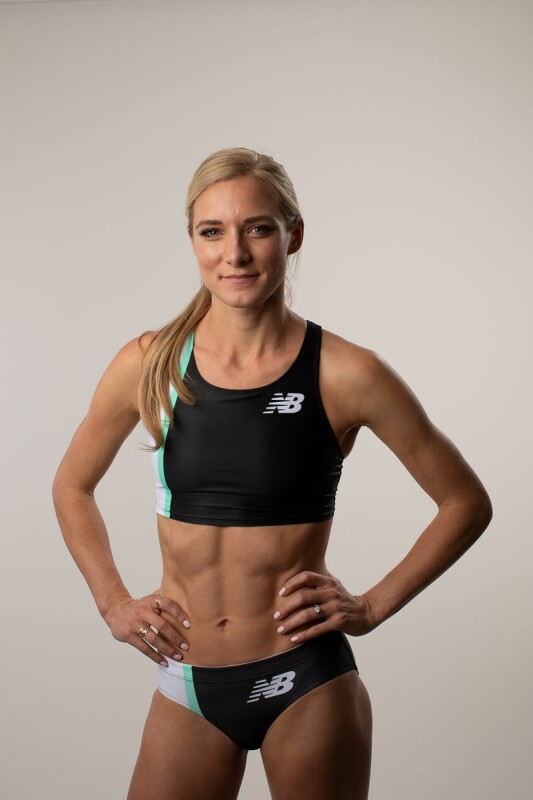
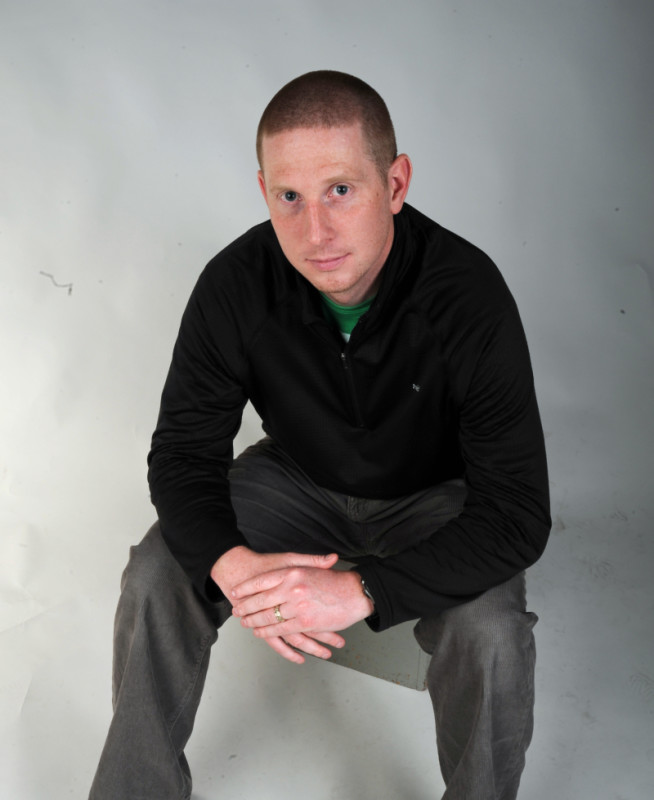
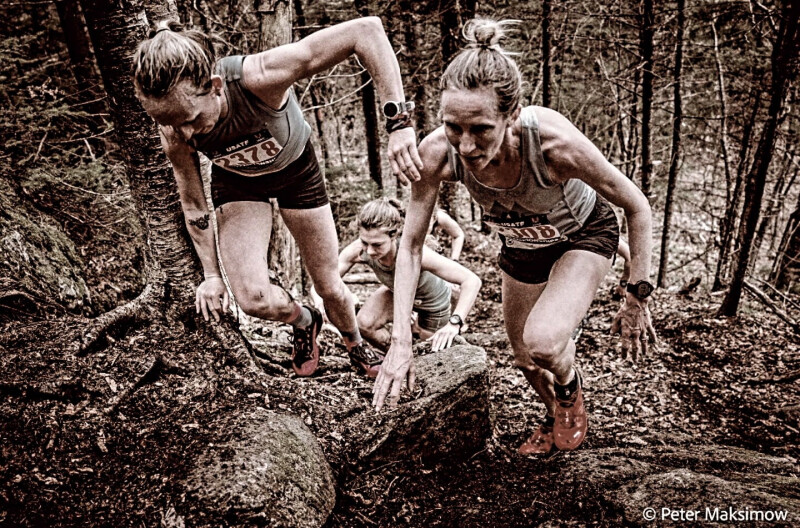
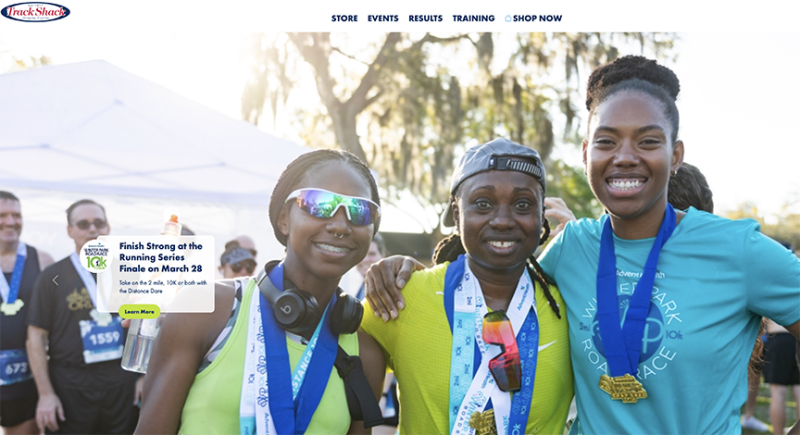
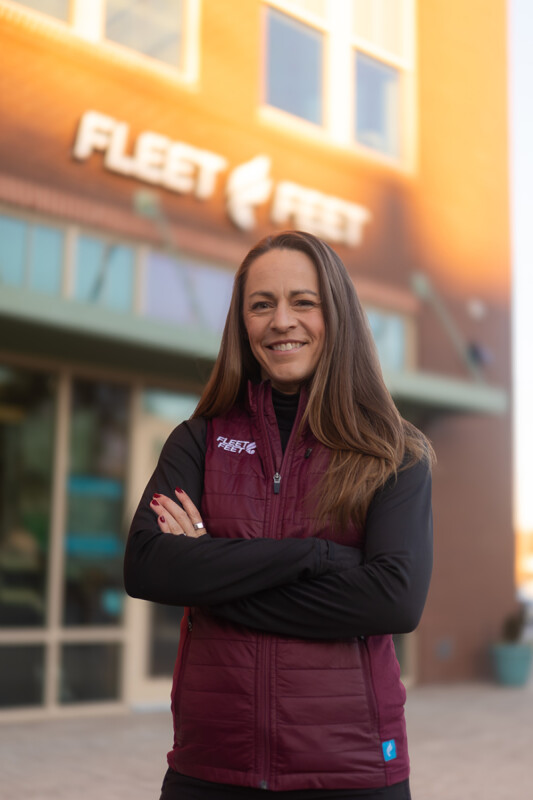
.jpg.medium.800x800.jpg)

